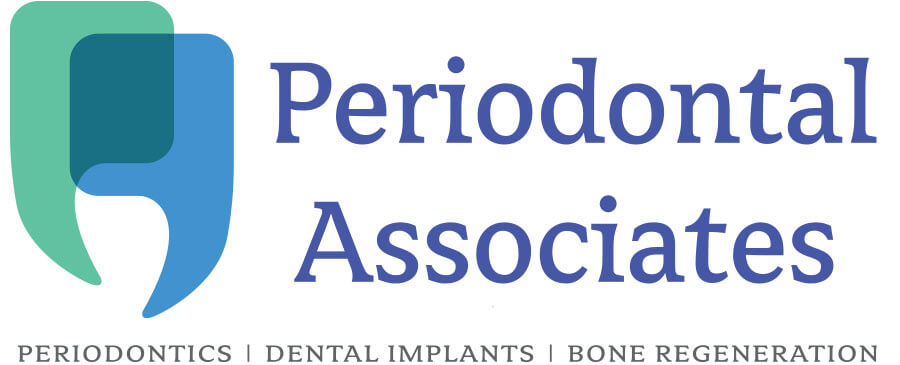
Researchers at Rice University, the University of Texas Health Science Centers at Houston and San Antonio and the University of Texas M.D. Anderson Cancer Center have found that gently applying a brush to a lesion on the tongue or cheek can help detect oral cancer with success rates comparable to more invasive techniques, according to preliminary studies. The test that uses Rice’s diagnostic nano-bio-chip was found to be 97 percent “sensitive” and 93 percent specific in detecting which patients had malignant or premalignant lesions, results that compared well with traditional tests.
The study appeared online in the journal Cancer Prevention Research.
“One of the key discoveries in this paper is to show that the miniaturized, noninvasive approach produces about the same result as the pathologists do,” said John McDevitt, the Brown-Wiess Professor of Chemistry and Bioengineering at Rice. His lab developed the novel nano-bio-chip technology at the university’s BioScience Research Collaborative. The future is with nano-bio-chips — small, semiconductor-based devices that combine the ability to capture, stain and analyze biomarkers for a variety of health woes that also include cardiac disease, HIV and trauma injuries. Researchers hope the eventual deployment of nano-bio-chips will dramatically cut the cost of medical diagnostics and contribute significantly to the task of bringing quality health care to the world.
This is an interesting development and technology that could have a major impact on the way we evaluate and screen for oral pathology. Check it out. Your thoughts and comments are appreciated.
Source: Science Daily
Photo credit: University of Texas
